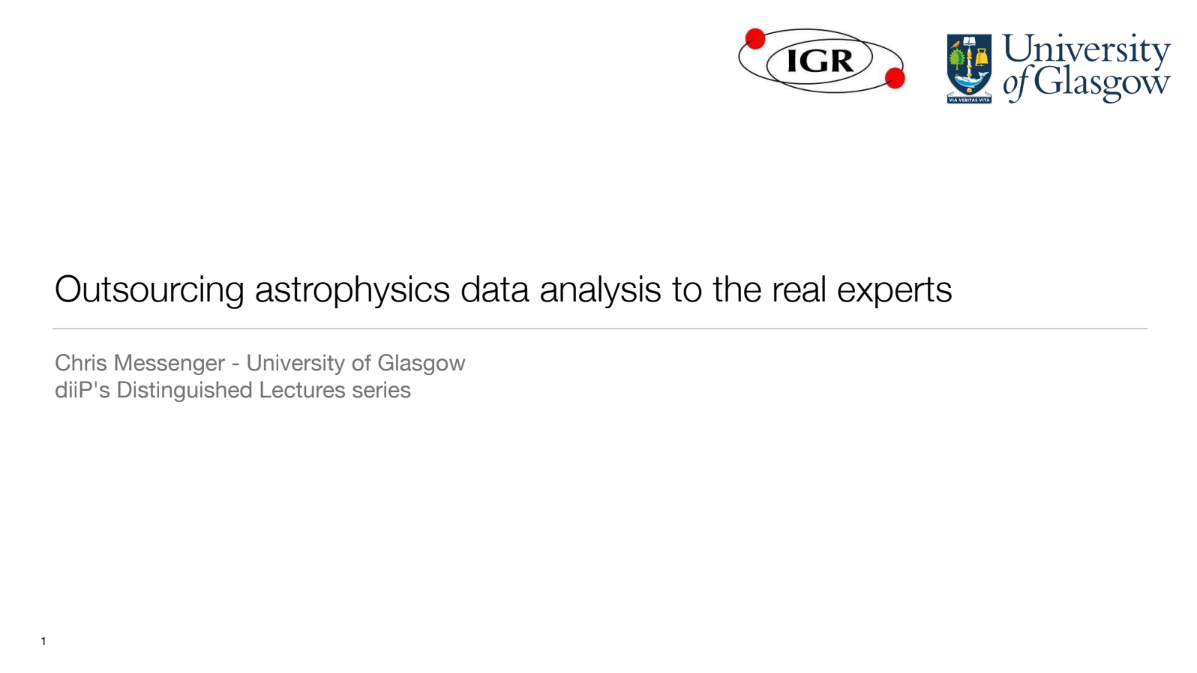Christopher Messenger
April 6, 2022, at 4 PM
Online (Zoom)
Abstract
As gravitational wave astrophysicists we find ourselves on the rising wave of machine learning sweeping through the physical sciences. In the past ~5 years many of us have embraced the world of machine learning and tried to apply it to our most challenging problems including the detection of gravitational wave signals buried deep in our detector noise. However, we are domain-experts in astrophysics and statistical analysis, not necessarily experts in machine learning. In this talk I will walk through the steps we took to outsource our problem to a collection of the world’s best machine learning experts – for free.

Christopher Messenger
(University of Glasgow, UK)
Chris Messenger is a senior lecturer at the University of Glasgow, UK. He has been a long time member of the global gravitational wave collaboration (currently) known as the LIGO-Virgo-Kagra Collaboration (LVK). He obtained his undergraduate degree from the University of Birmingham, UK where he also completed his PhD on the topic of gravitational wave detection for continuously emitting sources. He then worked as a postdoctoral researcher at the University of Glasgow, UK, at the Albert Einstein Institute in Hannover, Germany, and Cardiff University, UK before returning to Glasgow University as a Lord Kelvin Adam Smith Fellow. His current research interests lie in the field of gravitational wave cosmology and the introduction of machine learning and quantum computation to the problems of detection and Bayesian parameter estimation for any and all types of gravitational wave signal.
Other distinguished lectures
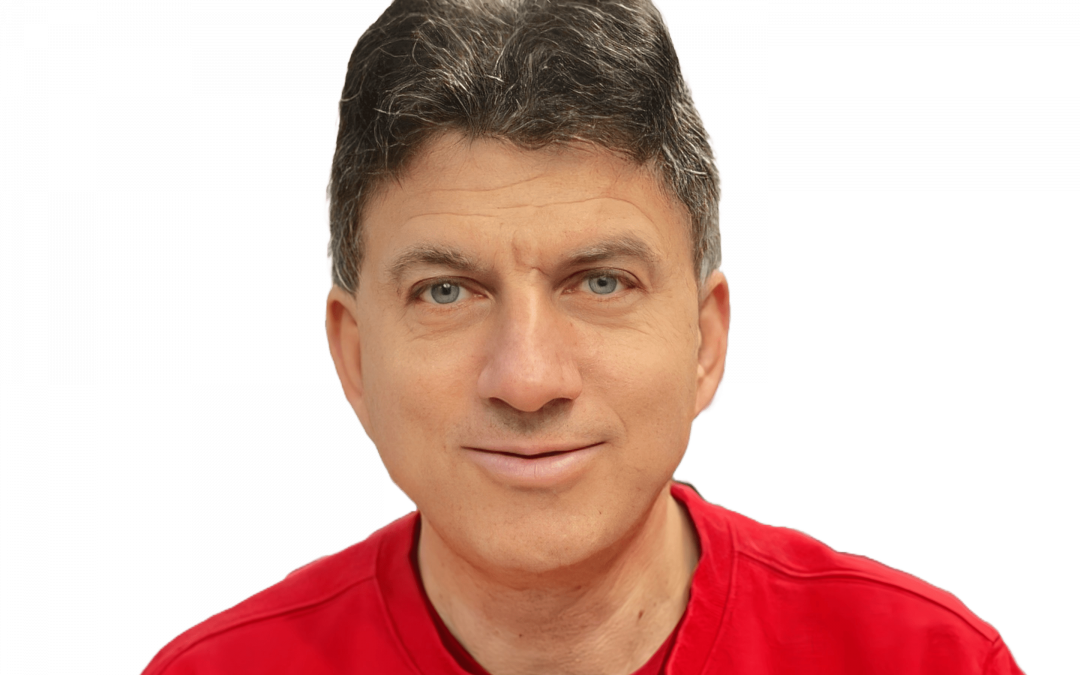
Nikos Paragios – Seeing the Invisible – Doing the Impossible: Reinventing Healthcare with Generative AI-powered diagnosis, treatment and beyond
Nikos ParagiosDecember 04, 2024Vulpian Amphitheater, 12 rue de l’École de Médecine (75006 Paris) Nikos Paragios (52) is distinguished professor of Mathematics (on partial leave) at Ecole CentraleSupelec, the school of engineering ofthe University of Paris-Saclay and...
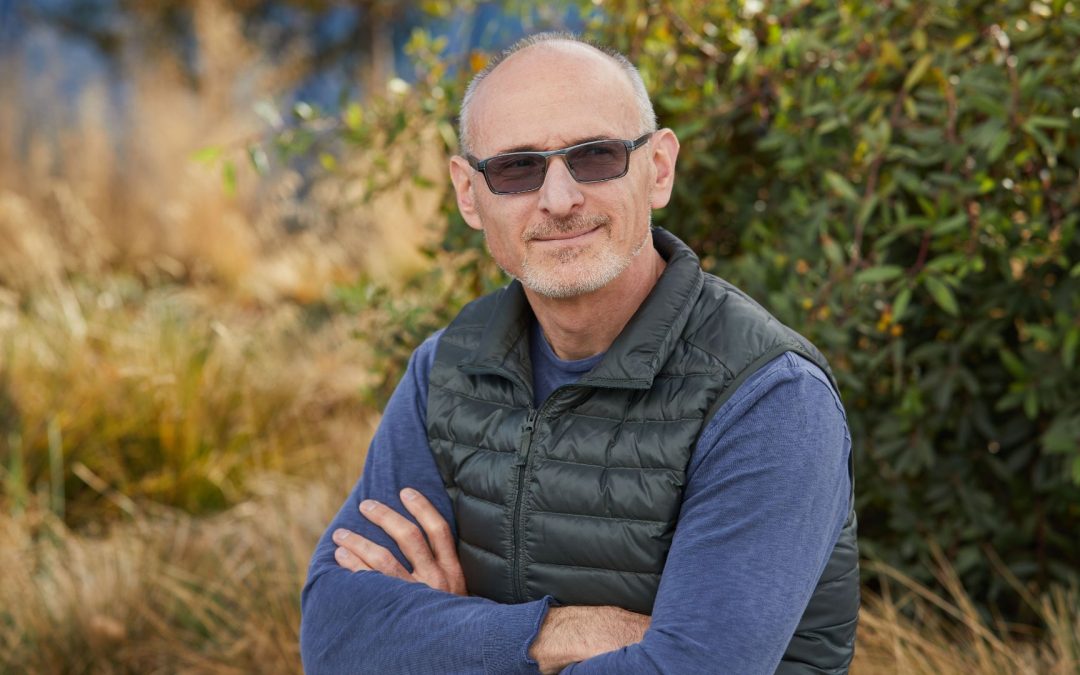
Alon Halevy – Well-being, AI, and You: Developing AI-based Technology for Well-being
Alon HalevyDecember 04, 2024Vulpian Amphitheater, 12 rue de l’École de Médecine (75006 Paris) Alon Halevy is a Distinguished Engineer in Google Cloud. From 2019 until November 2023, he was a director at Meta’s Reality Labs Research, where he worked on Personal Digital...
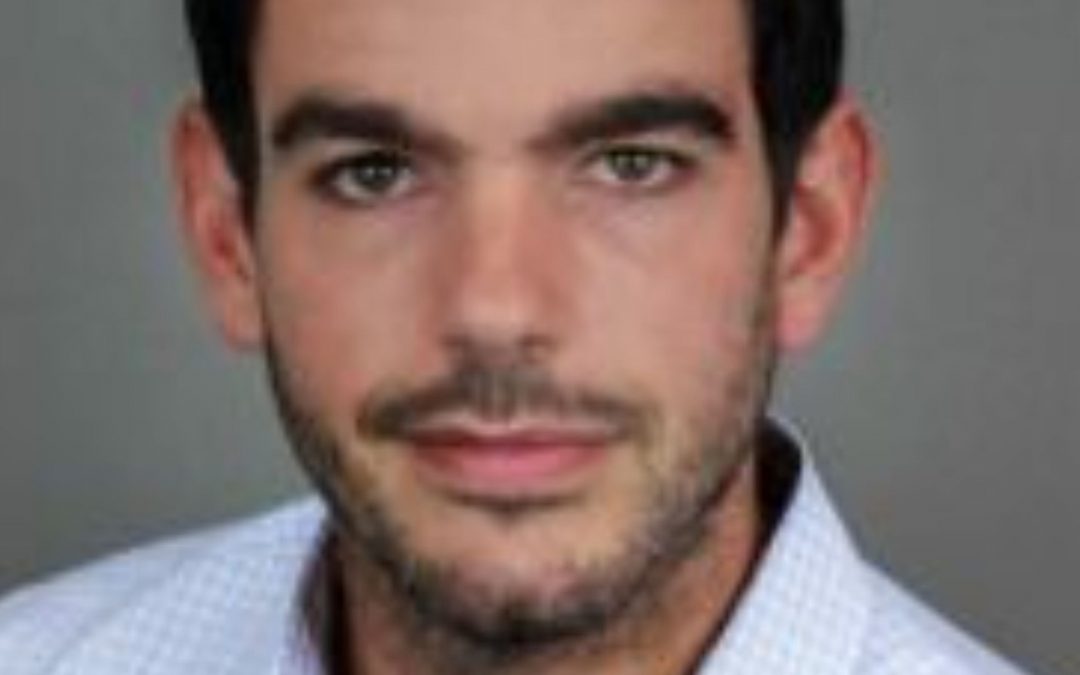
Kimon Drakopoulos – Deploying a Data-Driven COVID-19 Screening Policy
Kimon Drakopoulos May 5, 2021, at 4 PM Online (Zoom) Abstract In collaboration with the Greek government, we designed and deployed a nation-wide COVID-19 screening protocol for travelers to Greece. The goals of the protocol were to combine limited...
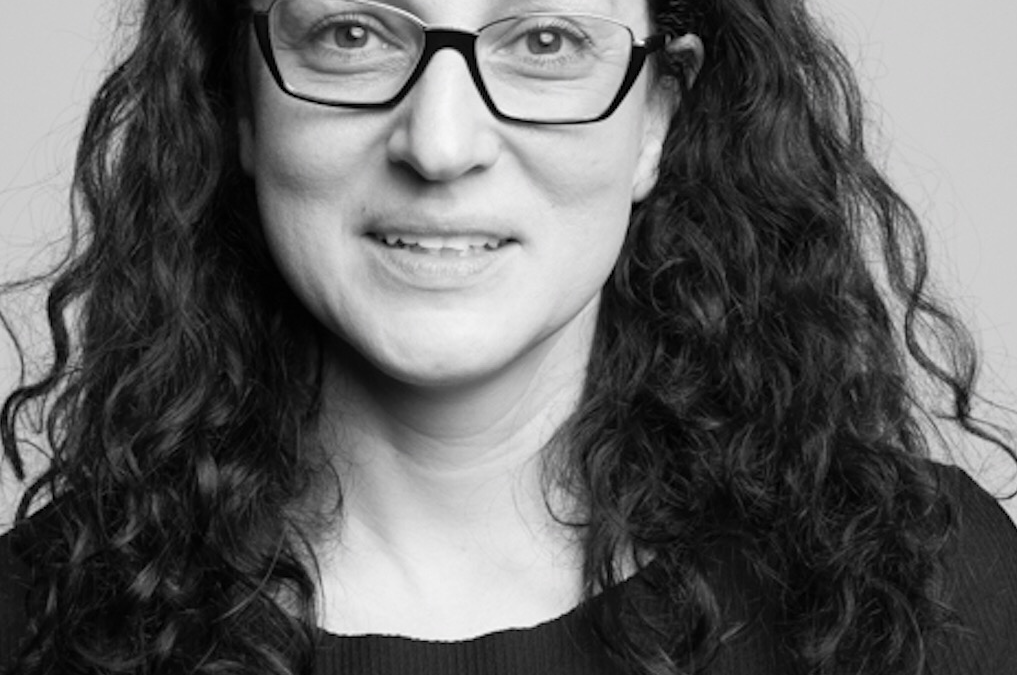
Julia Stoyanovich – Building Data Equity Systems
Christopher Messenger April 6, 2022, at 4 PM Online (Zoom) Abstract Equity as a social concept — treating people differently depending on their endowments and needs to provide equality of outcome rather than equality of treatment — lends a unifying...

